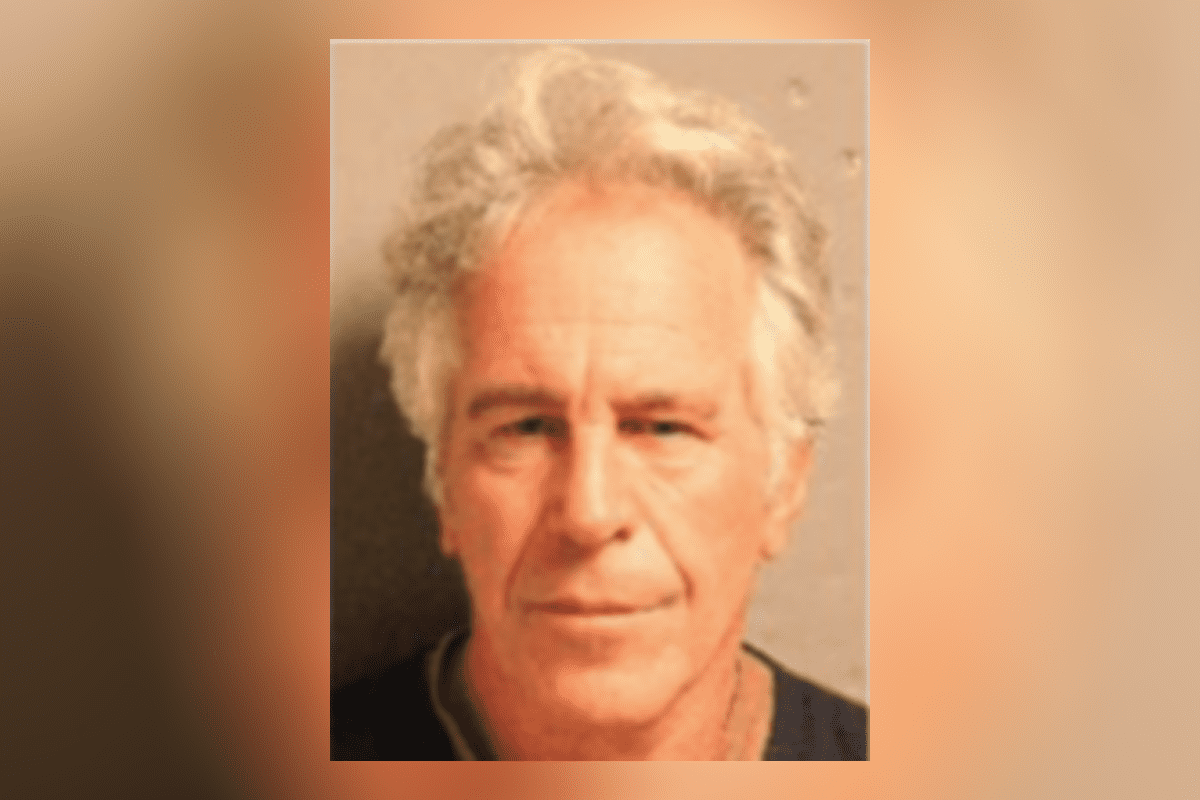Epstein case ‘prime example’ for Florida bill that releases more grand jury transcripts: lawyer

BOCA RATON, Fla. – A Florida bill would provide that certain testimony between a state prosecutor and a grand jury be released in certain situations.
Through SB 234, a court may order disclosure of such testimony from a grand jury if the subject of the case is deceased. It also permits testimony to be admissible if the inquiry is related to criminal sexual activity between the subject of a grand jury investigation and a person who was a minor at the time.
Sen. Tina Polsky, D-Boca Raton, filed the bill and Sen. Jonathan Martin, R-Fort Myers, signed on as a co-sponsor.
Under current Florida law, releases of grand jury transcripts are not allowed, with some exceptions including impeachment.
“Florida’s robust Sunshine laws create an expectation of transparency in government that our public has come to expect,” Polsky said in a press release. “We also have a strong body of law that rightly protects the grand jury system, our victims and our witnesses.”
Martin said SB 234 permits that certain transcripts between both parties in capital felony cases may be released.
“I was a prosecutor. I’ve done grand jury work. I know that there’s a lot of trust that is put in a prosecutor by the public,” Martin said. “I would never have a problem letting anybody hear what I said to a grand jury.”
The proposal follows a 2006 case involving Jeffrey Epstein in Palm Beach County where certain transcripts were left sealed. For Martin, the Epstein case is one reason why he signed onto Polsky’s bill.
“They kind of serve like citizen prosecutors. They review cases in depth. If they want more information, they can send subpoenas,” Martin said. “It’s a really mysterious process that has a lot of power. You, the individual, have a lot of power, do a lot of things. But everything is done in secret because they’re active investigations.”
Due to its confidentiality, Martin explained a prosecutor could hide behind a grand jury existing and recommend to them there isn’t a case.
“I’m not accusing anybody of anything,” Martin said. “But I think it’s important because we all know that there’s a lot of distrust and I think this is a step that we can take.”
Attorney Jack Scarola has represented at least 10 victims of Jeffrey Epstein over the past several years.
“This bill appropriately recognizes the need for those exceptions,” Scarola told Florida’s Voice. “And the effort to restore confidence in the criminal justice process, as applied to Jeffrey Epstein is a prime example of a circumstance where an exception is warranted.”
Following proceedings, Epstein was convicted of procuring a person under 18 for prostitution and felony solicitation of a prostitute. After reaching a plea deal, he was sentence to 18 months in prison and 12 months of house arrest.
“What it means is that there have been very significant issues raised regarding the manner in which the Epstein criminal prosecution was handled,” Scarola continued. “An important component in answering those questions, is to understand what went on in front of the grand jury. So the interests of disclosure in this case for outweigh any interest in preserving confidentiality at this point in time.”
Martin stated it was “really important” to restore the trust of Floridians in the criminal justice system.
“There’s been a lot of discussion from a lot of different people, including the lawyers who represented the victims of Jeffrey Epstein,” Martin said. “They’re concerned that the state attorney didn’t do their job or didn’t do an adequate job or slanted the evidence to induce the jury, the grand jury to not indict. So or to indict on very, very low charges. So that’s why it’s important to release the transcript.”
Circuit Judge Donald W. Hafele, at the time, ruled he had no prudence to release the transcripts from the trial. The decision, however, was rejected by Florida’s Fourth District Court of Appeals.
The court cited a state statute noting grand jury records can be made public if there is a “futherance of justice.” The law allows for disclosure if the “allowance of privilege will not conceal fraud or otherwise work injustice.”
“There is a tradition in the United States, a tradition that is older than our Nation itself, that proceedings before a grand jury shall generally remain secret,” the appellate judges wrote, quoting a 1997 decision. “The rule of secrecy, however, is not without exceptions.”
A convicted sex offender, Epstein’s criminal penalty was scrutinized for its leniency. While in custody, he was allowed to say in a isolated cell, roam freely and watch television.
A presumption also was made Epstein’s wealth and political connections garnered him special treatment. Although, a report by state investigators in 2021 indicated it was to protect Epstein from other inmates and capitalizing on his wealth.
Despite his custody, Epstein reportedly professed to be running his financial consulting and business and foundation as part of a work-release program. He also reportedly spent six days a week and 18 hours in office with minimal oversight from law enforcement.
In a separate case, Epstein was charged with sex trafficking of minors in Manhattan Federal Court in July 2019. One month later, Epstein killed himself in his New York City federal prison cell awaiting trial.
At the time of his suicide, Epstein was accused of paying underage girls hundreds of dollars for massages at his home in Florida and New York before molesting them. His cause of death has become the subject of theories on whether if it was a murder, coining the phrase “Epstein didn’t kill himself.”
In theory, Epstein’s murder prevented him from revealing any compromising information. His connections, furthermore, are rumored to be in flight logs from his home in Palm Beach County to his getaway in the Caribbean.
Referred to as “Epstein Island,” the location was just off St. Thomas in the U.S. Virgin Islands.
“We believe this legislation strikes the right balance in providing the transparency and the protections Floridians deserve,” Polsky said. “We understand the sanctity of the grand jury process, and the importance of maintaining the secrecy of grand jury records to protect both victims and grand jury witness testimony.”



